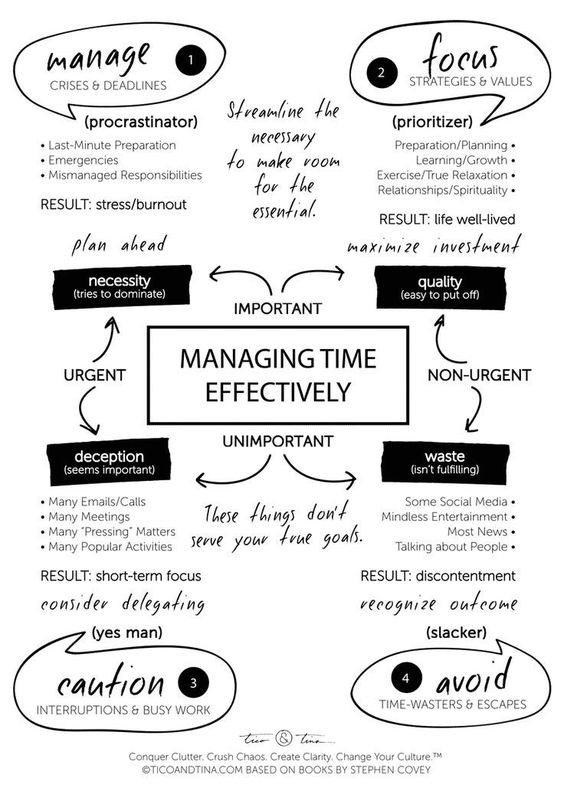As any seasoned project manager would tell you, the success of any project depends on its planning. One of the most critical parts of project planning is creating a project schedule. The project schedule is a roadmap that outlines the project timeline, objectives, milestones and resources needed to complete the project. But what is the first step in planning a project schedule? In this article, we’ll answer that question and provide you with steps to help you develop a successful project schedule.
Step 1: Define the Project Scope
The first step in planning a project schedule is to define the project’s scope. The scope outlines what the project is and isn’t, and it defines the deliverables or outcomes that the project will produce. This step ensures that you have a clear understanding of what you’re trying to achieve, which is crucial to create an accurate project schedule.
Step 2: Identify the Project Tasks
Once the project scope is defined, the next step is to identify the project tasks. Every project is made up of smaller tasks that need to be completed to achieve the final deliverables. Identifying those tasks is necessary to ensure the project is properly broken down into manageable pieces.
Step 3: Determine Task Dependencies
After identifying the tasks, the next step is to determine their dependencies. Tasks can be sequential, meaning one task needs to be completed before the next one can start. Or tasks can overlap or run in parallel. Identifying dependencies helps to organize tasks in the proper order, leading to a successful project schedule.
Step 4: Estimate Resources
The next step is to estimate the resources needed to complete each task. Resources may be in the form of people, budget, or technology. Accurately estimating resource needs ensures that the project is adequately staffed, budgeted and is using appropriate technology.
Step 5: Determine Task Durations
Task duration is the time it will take to complete each task. Accurately estimating task durations helps set realistic timelines and ensures adequate resources are allocated.
Step 6: Create a Preliminary Schedule
Using the information gathered in the previous steps, create a preliminary schedule that outlines the project timeline, objectives, and milestones. A preliminary schedule helps to highlight any potential issues early on in the planning process.
Step 7: Review and Revise the Schedule
Once the preliminary schedule is created, review and revise it. Ensure that the milestones are achievable and realistic, and adjust timelines and resource allocation as needed.
You might find these FREE courses useful
- Project Planning
- Project Planning and Execution
- Project Planning and Machine Learning
- Top Project Management: Life Cycle And Project
- Project Management: Life cycle and project planning
- Fundamentals of Project Planning and Management
- Project Planning: Putting It All Together
- Initiating and Planning Projects
Step 8: Communicate the Schedule
The final step is to communicate the schedule to all stakeholders. Clear communication helps to ensure everyone is on the same page and working towards the same goals.
In conclusion, creating a project schedule is an essential part of project planning. The first step in planning a project schedule is to define the project scope. This article outlined the eight critical steps required to develop a successful project schedule, from identifying the tasks and determining their dependencies to estimating resources, task duration, and creating a preliminary schedule. Follow these eight steps, and you’re on your way to a successful project schedule that meets your goals and objectives.
